
Brazil’s Luiz Inácio Lula da Silva and Argentina’s Alberto Fernández want to create a “common currency.” It sounds suspiciously like a state-controlled cryptocurrency.
“Good ideas out of context are like shiny objects lost in a dark field,” American writer Seth Godin once said. “They catch your attention, but have no real utility.”
Brazilian President Luiz Inácio Lula da Silva and Argentine President Alberto Fernández have been making headlines for a proposal to create a common currency between Argentina and Brazil. The idea for a common currency arose about 25 years ago in an article written by two renowned economists and, in the context of the time, made sense. This idea has now been resurrected as a political opportunism play with a hint of ideological propaganda, but it lacks real utility.
In 1998, both the Argentine and Brazilian governments implemented neoliberal measures in the economy, including a fixed exchange rate regime, with a conversion rate close to 1:1 between the United States dollar and their respective local currencies. A lot has changed in the 25 years that followed. Both countries went through similar political cycles, with the predominance of Peronism in Argentina and Petism in Brazil. (Peronism was a populist political movement created around President Juan Perón ideas; Petism was a left-wing political movement led by the Brazilian Workers’ Party.)
Related: Crypto’s downturn is about more than the macro environment
However, the economies of both countries have evolved in vastly different ways. The Brazilian real, which was close to one Argentine peso back in 1998, today is worth more than 35 pesos considering Argentina’s official exchange rate, which is, knowingly, overvalued. Part of the peso’s devaluation can be explained by the two defaults in Argentine sovereign debt in the period.
Another anecdotal symptom of the chaotic state in which the Argentine economy is found is the proliferation of different official exchange rates for specific purposes. Some examples include the so-called “Coldplay dollar” for contracting international shows, and the “Qatar dollar,” which was used by Argentine fans in the last World Cup. (In football, Argentina is on top. But in economic terms, Brazil is winning by a large margin.)

In 2023, Peronism and Petism are simultaneously in power once again. The ideological affinity between the two governments acts as a propellant for bizarre ideas, such as the creation of a common currency (in the current context). Ideologies are often used to conceal mundane interests, and this case is no exception.
The proposal for a common currency itself is completely empty. It would not be viable, given the huge disparity between the two economies and would not solve the problem of lack of foreign currency for import in Argentina. However, like a shiny object in the dark, it attracts attention. And one of the factors that contributed to this awareness is the fact that it was announced that the currency would be digital. There is great confusion between digital currencies and cryptocurrencies, which are very popular both in Argentina and Brazil. In the proposal, the currency would be issued by a central bank and, therefore, would not be decentralized like cryptocurrency.
Related: Brazil could cement its status as an economic leader thanks to 2024 CBDC move
However, behind the smokey curtain of the common-currency proposal, there is something related to cryptocurrency. Two reasons cited for the initiative are escaping the dollar hegemony and strengthening resistance to any future sanctions. Crypto advocates share similar goals. For instance, one Harvard Ph.D. candidate has proposed incorporating cryptocurrencies into countries' international reserves as a kind of insurance against sanctions. It is quite remarkable that national governments are echoing these two crypto mantras, especially in peaceful times.
The common currency proposal, in a best-case scenario, is only a rhetorical play that will decay through time and vanish completely at some point. In normal circumstances, this would be very likely, given that Brazil has nearly nothing to profit from this initiative. But there are some warning signs from the past.
Just consider Brazilian Finance Minister Fernando Haddad, who is prone to unorthodox ideas. When he served as São Paulo’s mayor, for example, he implemented a plan to fight the crack epidemic by giving money to addicts — causing crack prices to spike on payment days. Consider also that the Workers’ Party has a long track record of creating ingenious mechanisms for favoring countries with ideologically aligned governments at the expense of Brazilian taxpayers.
Time will tell if the common currency plan becomes reality. As Llewellyn Rockwell said, “Never underestimate the power of bad ideas. They must be refuted again and again.”
This article does not contain investment advice or recommendations. Every investment and trading move involves risk, and readers should conduct their own research when making a decision. The views, thoughts and opinions expressed here are the author’s alone and do not necessarily reflect or represent the views and opinions of Cointelegraph.

You can get bonuses upto $100 FREE BONUS when you:
💰 Install these recommended apps:
💲 SocialGood - 100% Crypto Back on Everyday Shopping
💲 xPortal - The DeFi For The Next Billion
💲 CryptoTab Browser - Lightweight, fast, and ready to mine!
💰 Register on these recommended exchanges:
🟡 Binance🟡 Bitfinex🟡 Bitmart🟡 Bittrex🟡 Bitget
🟡 CoinEx🟡 Crypto.com🟡 Gate.io🟡 Huobi🟡 Kucoin.




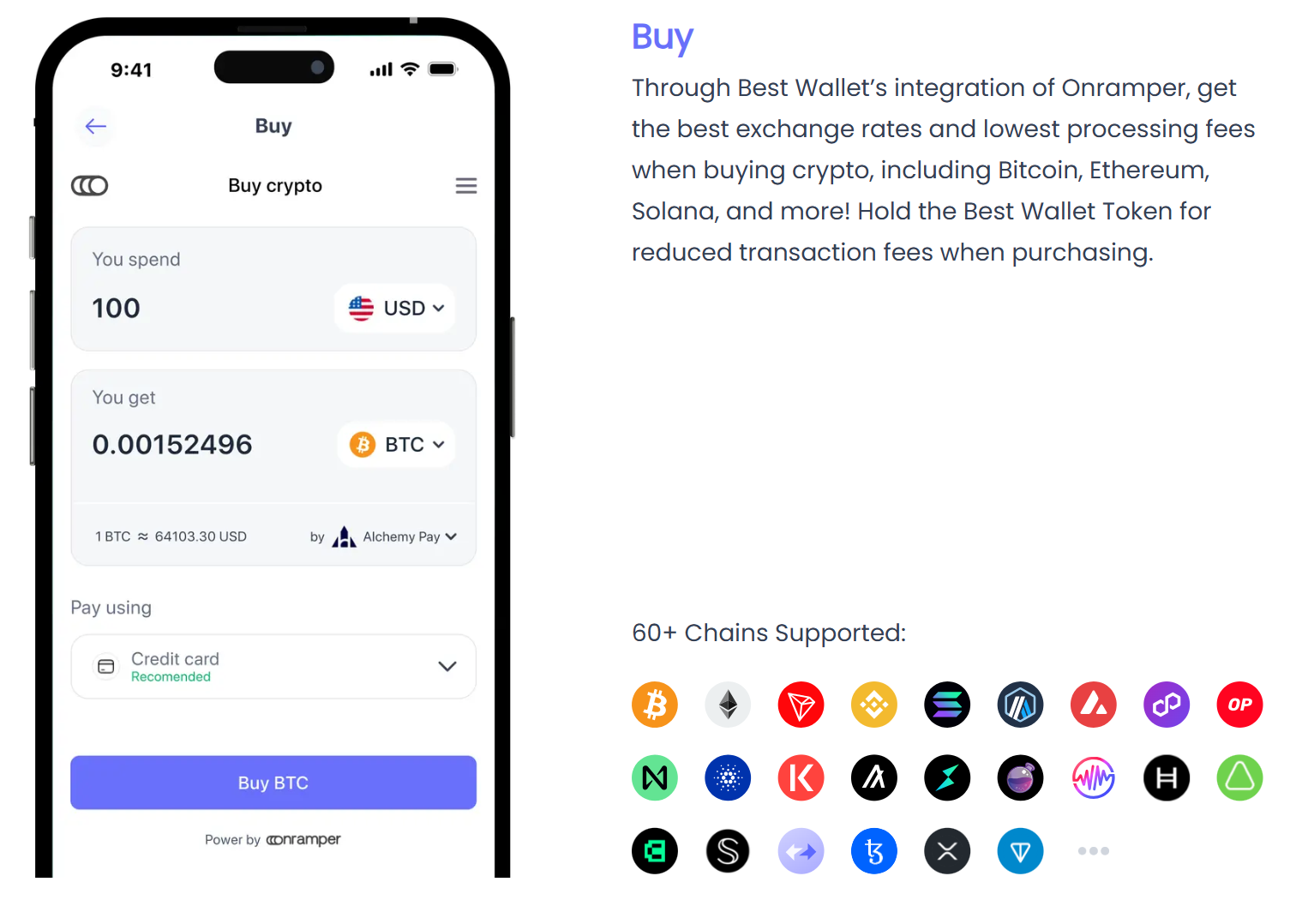





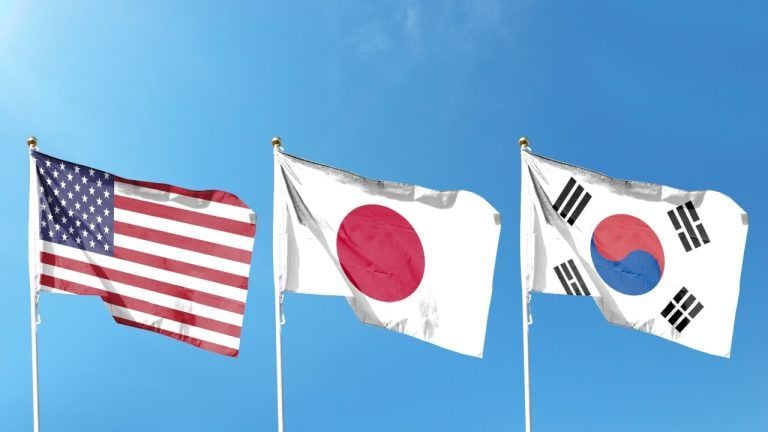



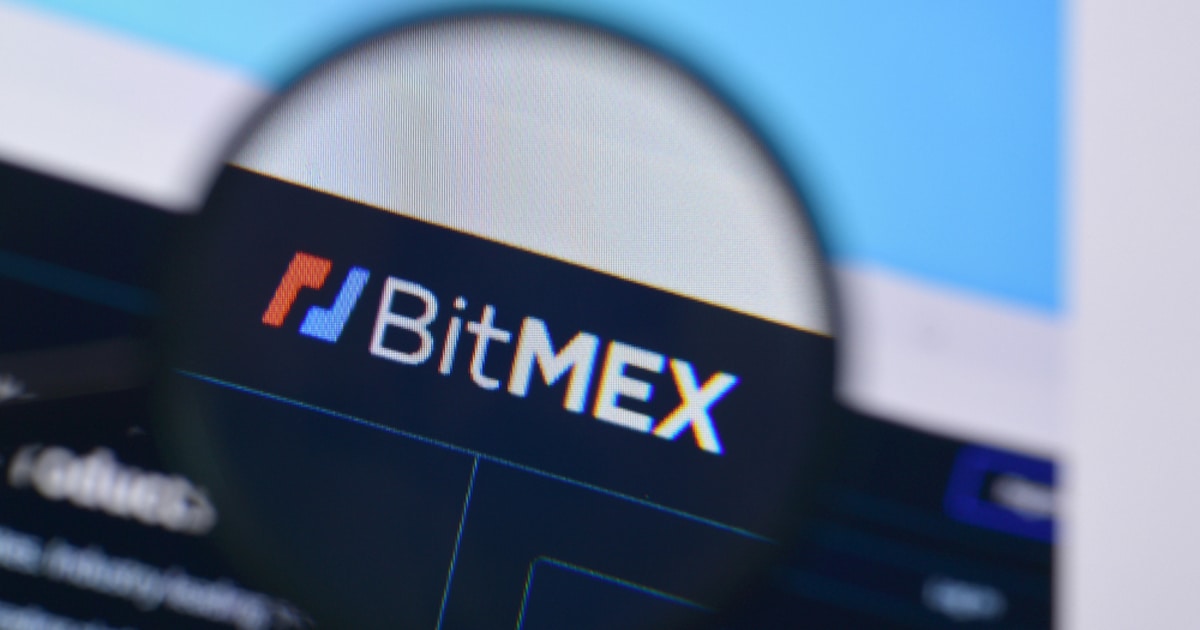

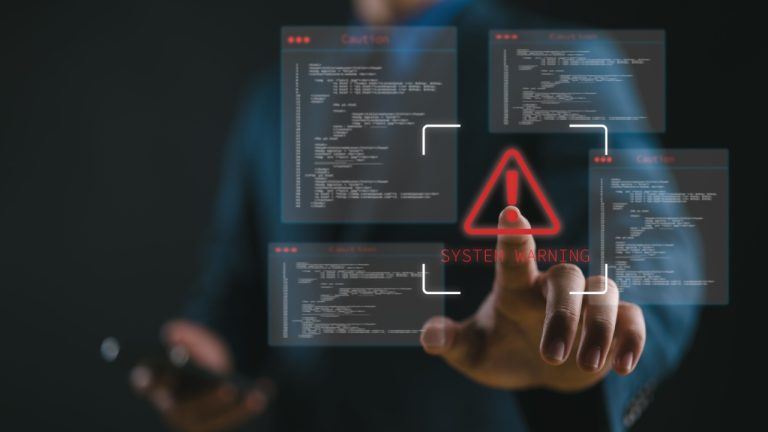
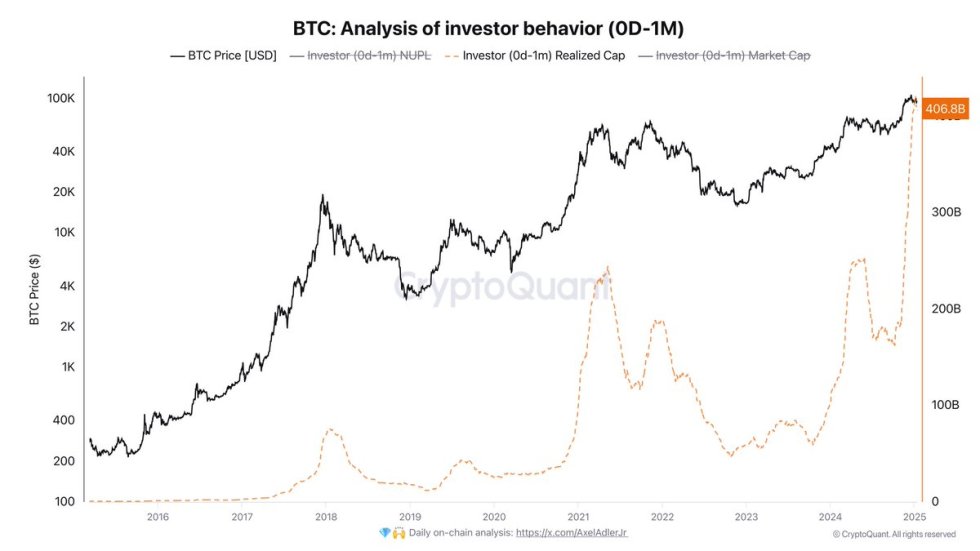

Comments